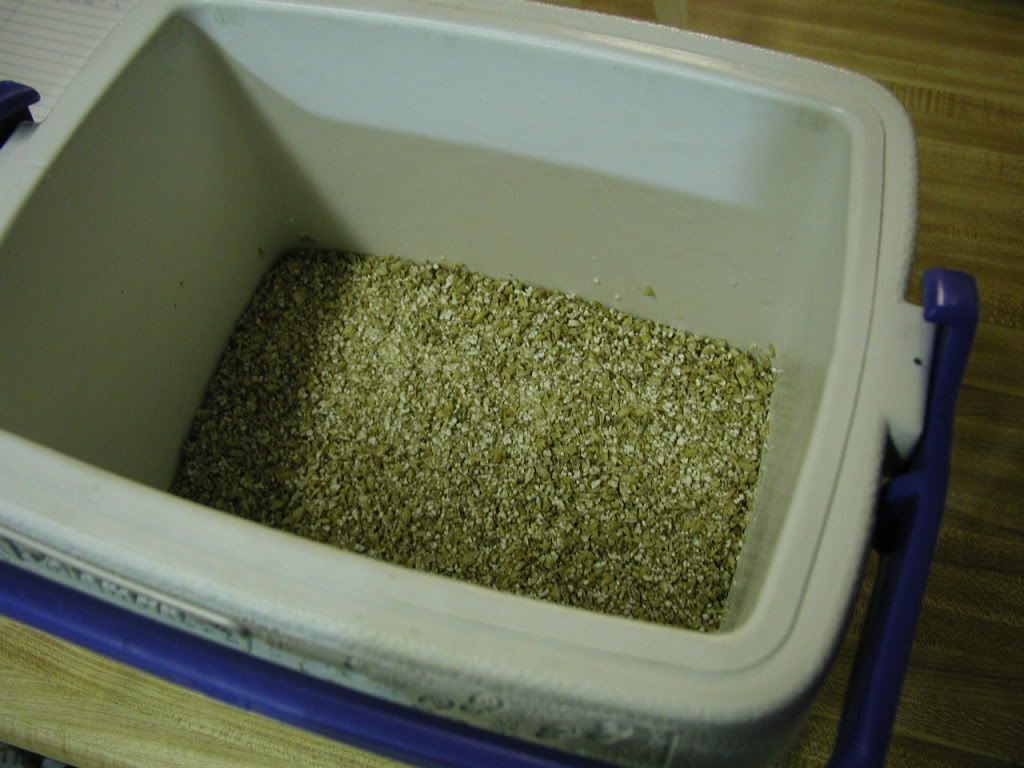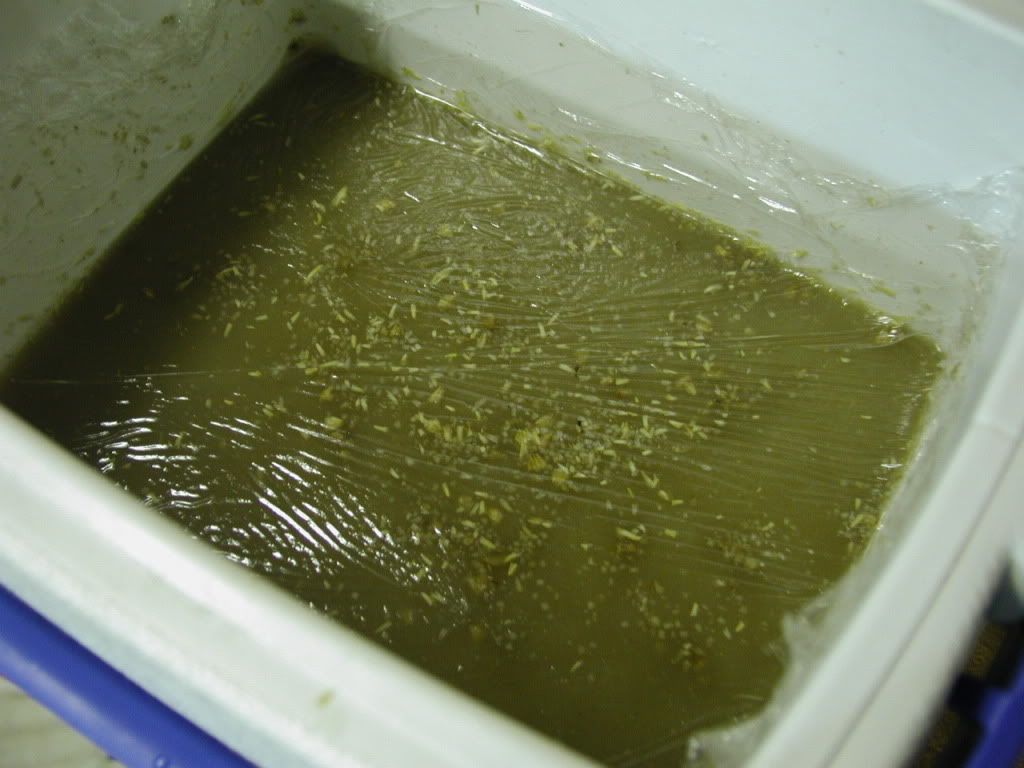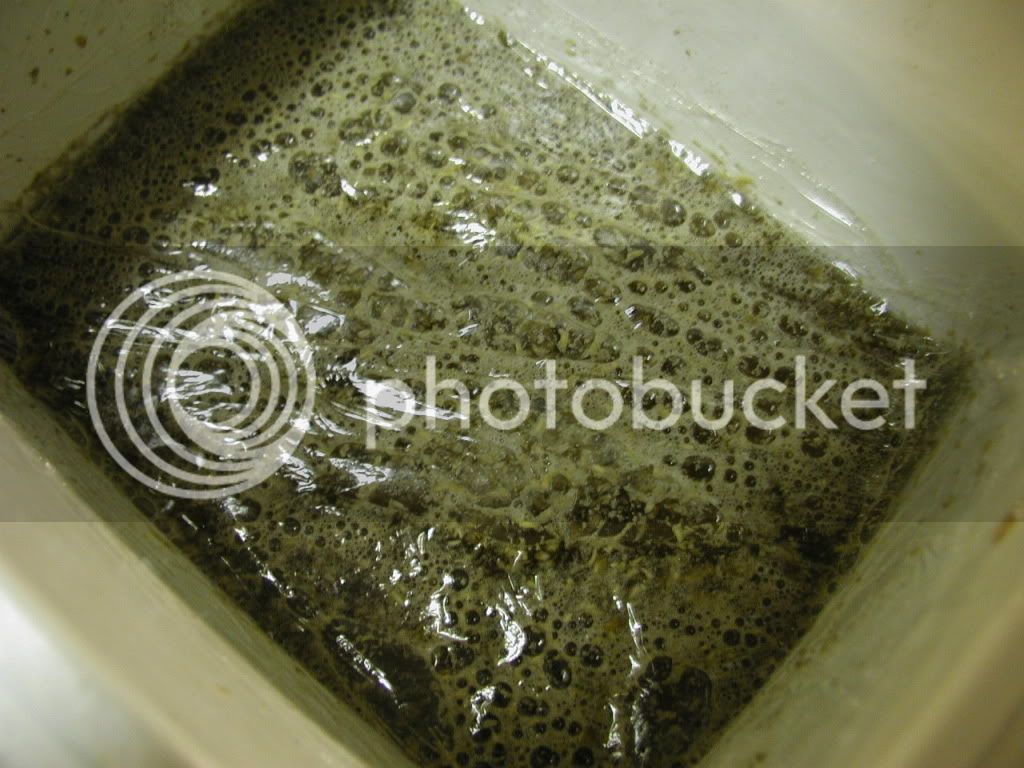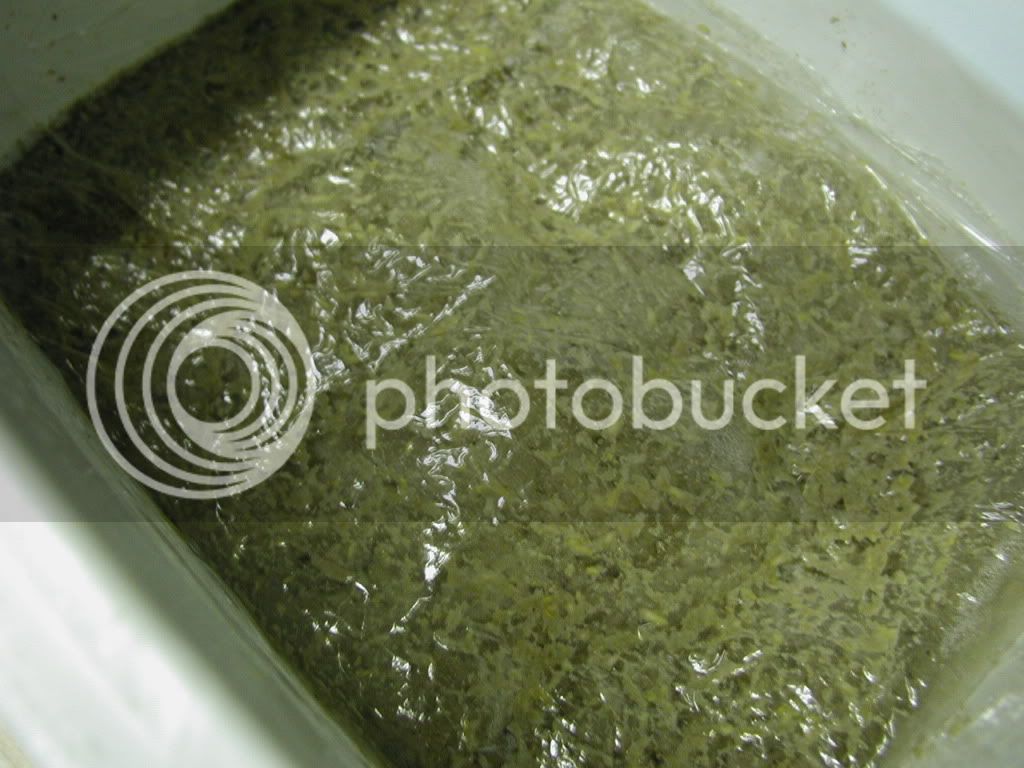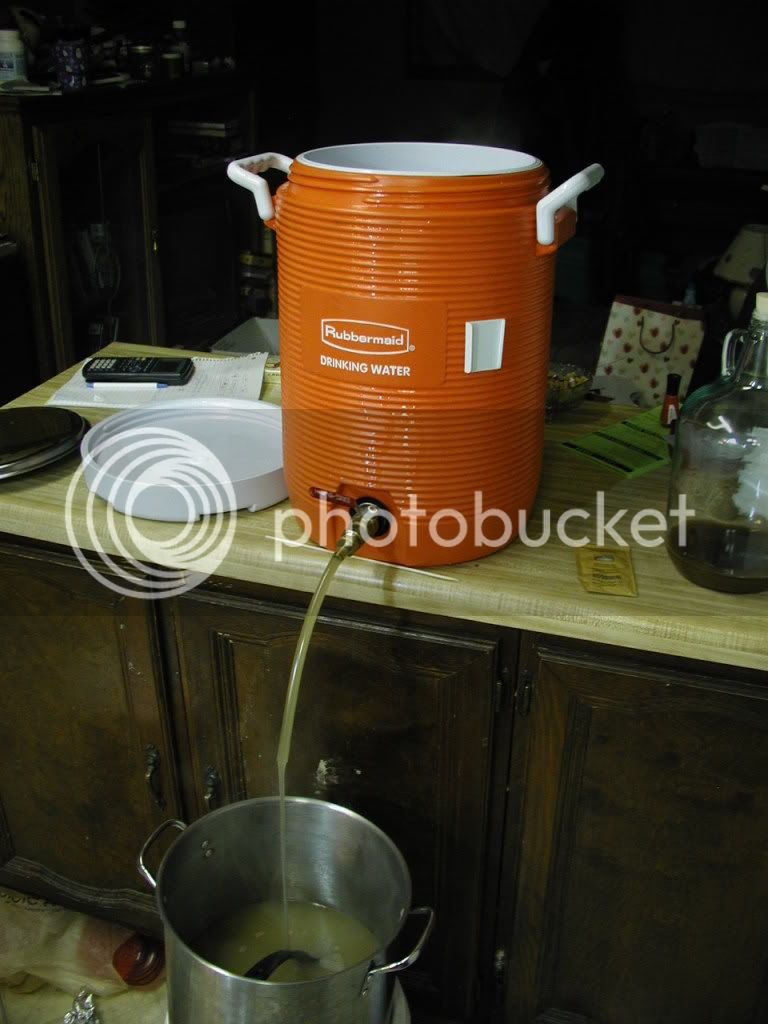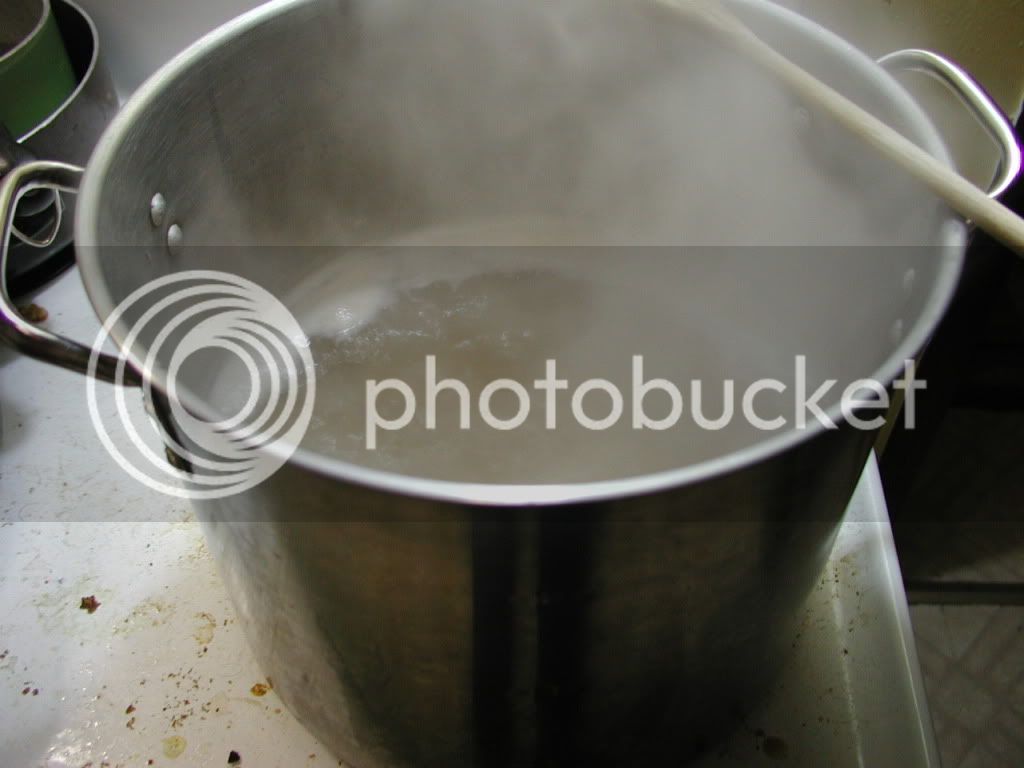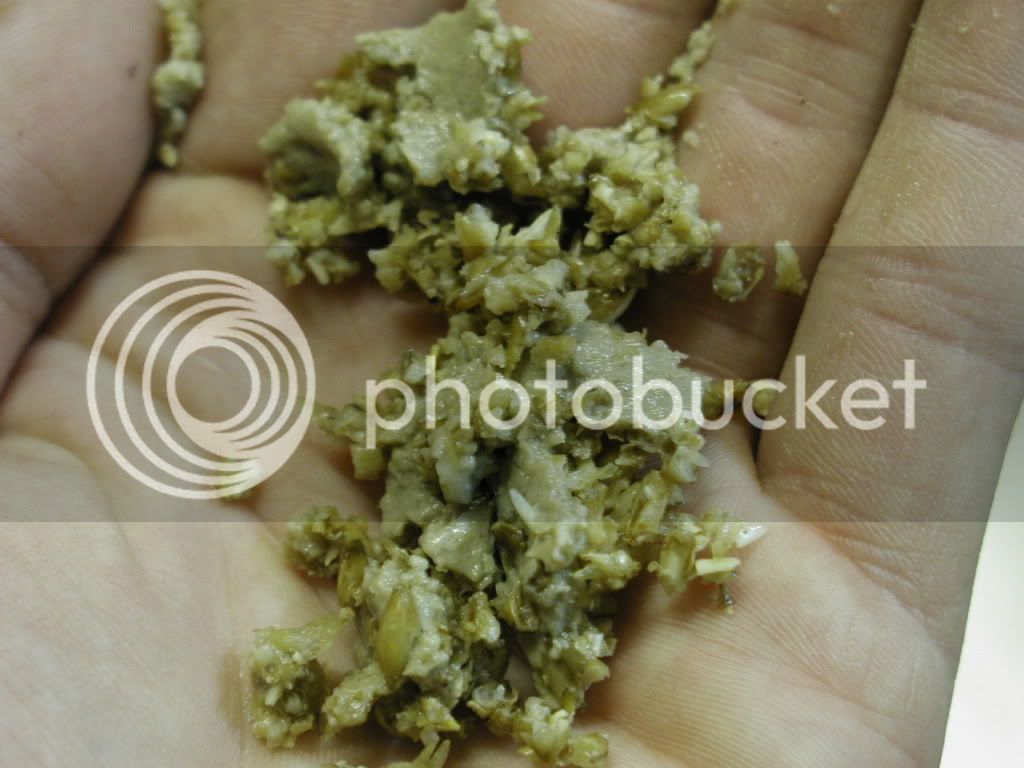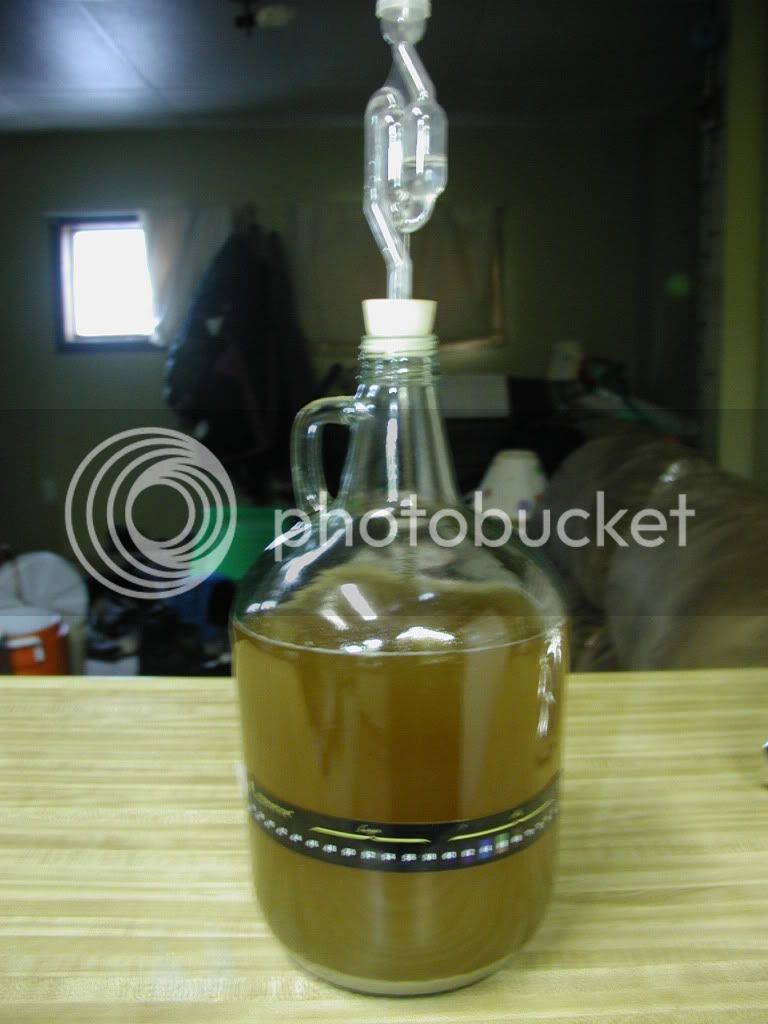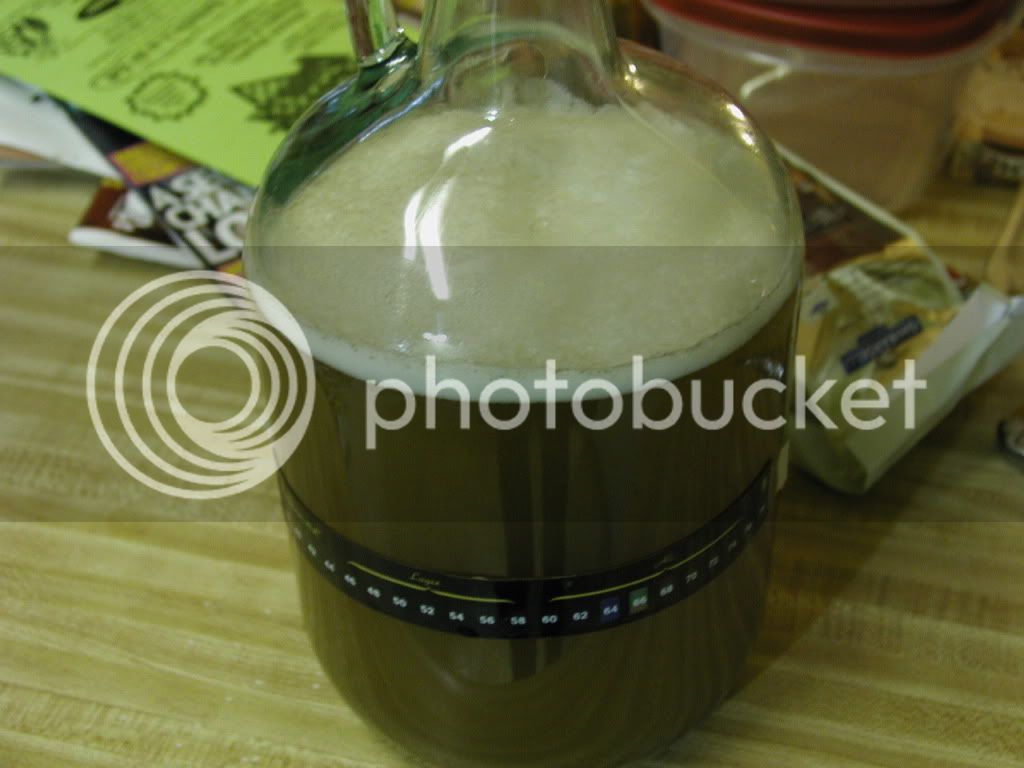So, I've been wanting to brew a little Berliner Weisse for a while. Small, light, crisp, tart, summer beer. Even bought a lacto culture a couple years back, but never got around to. A little intro into sour beer-making for me.
I kind of don't like the idea of the lacto running wild in a fermenter, though, even though I know that I can totally re-sanitize glass, it's totally illogical.
But, cleaning up the other day and I found my old 5-gallon mash tun. Got to thinking... why not try doing a sour mash? So, I'm putting the tun back together, I already had most of the parts anyway, and that'll be my dedicated sour-mash MLT. Do the souring first, then boil to kill the critters and ferment out the remaining sugars with US-05 or some other traditional beer yeast.
So I understand the basics of the process, and I know there's a huge amount of variability. I'm just going to try a few 3 gallon batches to start. My questions:
1. OK, so mash in at around 110°-120°, let it sit for a while. How long's a "while"? Overnight? One day? Two days?
2. Once that phase is done, do I need to raise the mash temp up to sac-rest temps (150°-ish)? Will there still be unconverted starches? Do I still need to do a "normal" mash after the sour mash?
3. Most BW recipes call for a short boil (10 minute). Can you still do that short a boil with a sour mash, or do you need a longer boil to drive off any unwanted funky compounds?
What else has been successful for people? Other tips?
I kind of don't like the idea of the lacto running wild in a fermenter, though, even though I know that I can totally re-sanitize glass, it's totally illogical.
But, cleaning up the other day and I found my old 5-gallon mash tun. Got to thinking... why not try doing a sour mash? So, I'm putting the tun back together, I already had most of the parts anyway, and that'll be my dedicated sour-mash MLT. Do the souring first, then boil to kill the critters and ferment out the remaining sugars with US-05 or some other traditional beer yeast.
So I understand the basics of the process, and I know there's a huge amount of variability. I'm just going to try a few 3 gallon batches to start. My questions:
1. OK, so mash in at around 110°-120°, let it sit for a while. How long's a "while"? Overnight? One day? Two days?
2. Once that phase is done, do I need to raise the mash temp up to sac-rest temps (150°-ish)? Will there still be unconverted starches? Do I still need to do a "normal" mash after the sour mash?
3. Most BW recipes call for a short boil (10 minute). Can you still do that short a boil with a sour mash, or do you need a longer boil to drive off any unwanted funky compounds?
What else has been successful for people? Other tips?


